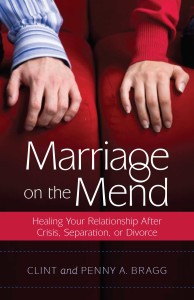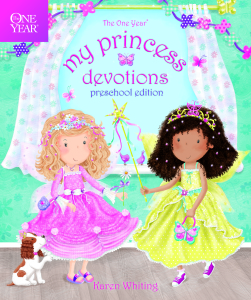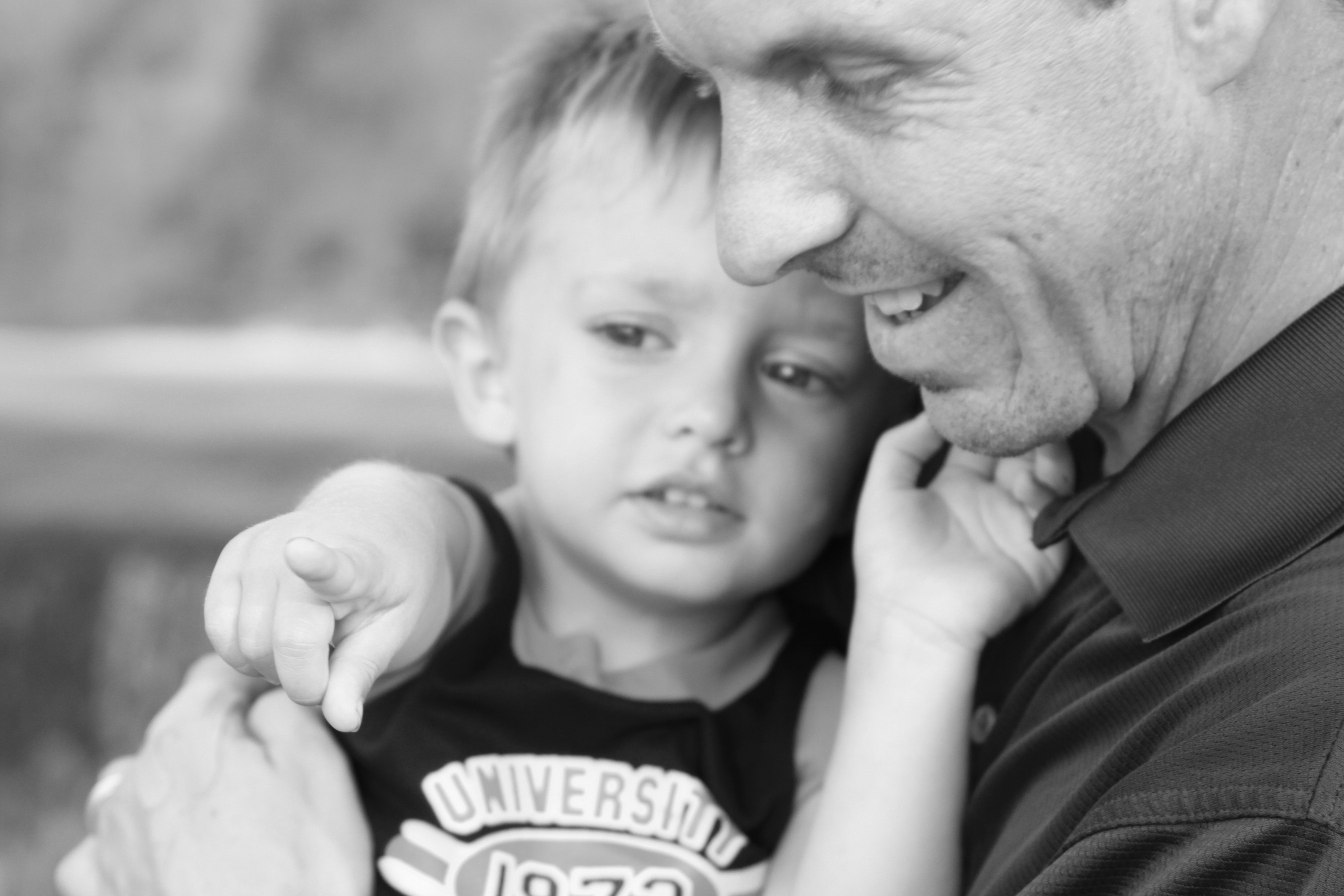 A couple of weeks ago, while sitting in church, I began thinking about the prodigals in our lives, those who are lost and walking apart from God. So often, despite our love, despite our longing to reach out to them, we seem unable to reach them—unable to touch their hearts.
A couple of weeks ago, while sitting in church, I began thinking about the prodigals in our lives, those who are lost and walking apart from God. So often, despite our love, despite our longing to reach out to them, we seem unable to reach them—unable to touch their hearts.
In the midst of my musings, words of scripture crept into my thoughts and I heard the mournful words of Jesus in my head. “Oh Jerusalem, Jerusalem, you who kill the prophets and stone those sent to you, how often I have longed to gather your children together, as a hen gathers her chicks under her wings, but you were not willing.” (Matt 23:37.)
Through His words, I saw the grieving face of Jesus as he reached out to his people, only to be rejected, and I realized how thoroughly Jesus understands our pain. Even Jesus experienced the pain of rejection from those He loved, His chosen ones. Even Jesus—God Himself, could not force individuals to come to Him and return His love.
But rejection did not stop Jesus from loving. At the time he spoke these words, he stood in the temple courts, facing suspicious questions and doubting stares, knowing that in a few short days He would lay down His life for these very people who turned their backs on Him.
You hear the emotions in His words that day. He was angry at the Pharisees, sad at the deadness of their hearts, distressed that, despite the love of the Father, the people continued in their willfulness, each person headstrong to go his own way instead of following God.
But in spite of his disappointment, Jesus’ love pressed through to do the Father’s will. For not long after He spoke these words, He willingly died to save the lost, including the very ones who persecuted him.
God does not force His love on any of us, but wants each person to choose to come to Him. Lovingly he waits, ready to receive the repentant one He cherishes.
Although our hearts are heavy and our minds anxious for our prodigals’ return, we too must wait. Even though we long to reach out to them with love, often they are resistant. In fact, pursuing them may actually drive them further away.
Ultimately, the other person has to choose.
But that doesn’t mean we must stop loving. As followers of Christ we are called to love as Jesus loved.
For those prodigals in our lives, we cannot make them return to God or to us, but with a sacrificial love, we can seek God on their behalf through prayer. In spite of rejection, we can humble ourselves to speak words of encouragement instead of shame. And as we sit at the feet of our Father and pour over His words to us in the Bible, we can learn more about how to love with the love He gives to us.
“God demonstrates his own love for us in this: While we were still sinners, Christ died for us.”
Romans 5:8
Jesus speaking in the temple: Matthew 23: 13-39
Story of the Prodigal son: Luke 15: 11-32 Luke 15: 11-32











